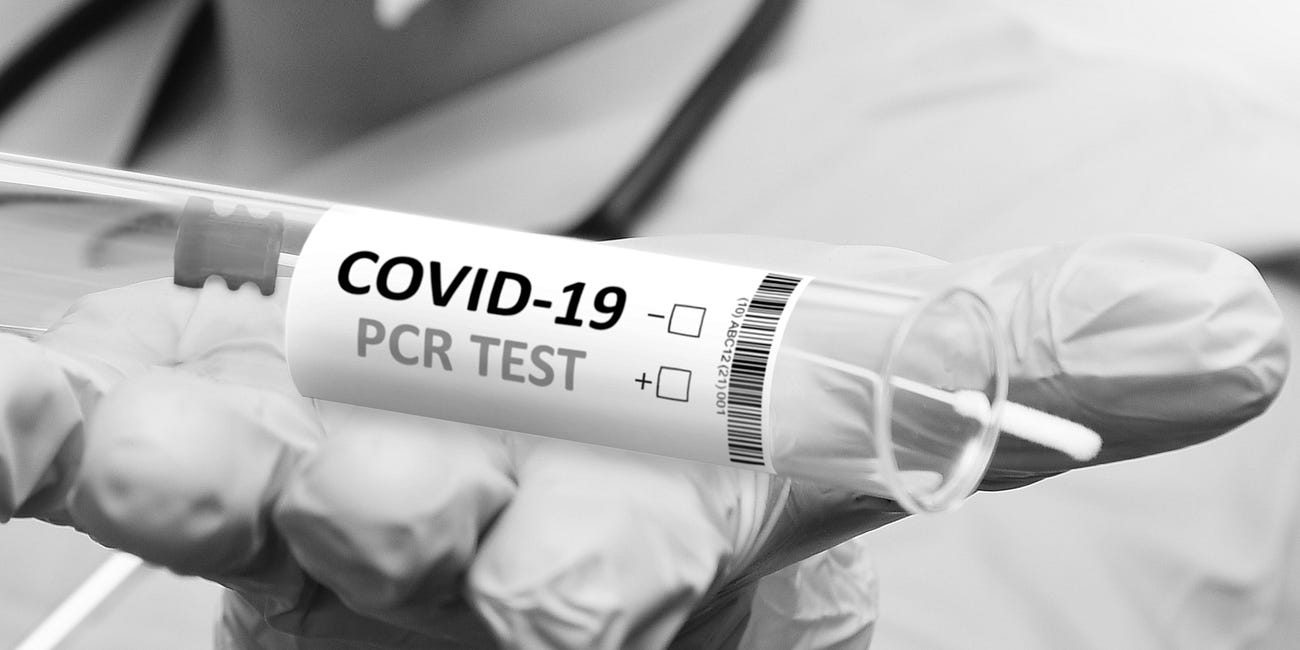What Cow’s Milk tells us about PCR testing
What Cow’s Milk tells us about PCR testing
The double standards of testing
The Food and Drug Administration (FDA) found 297 PCR-positive dairy product samples for H5N1 avian flu, including cottage cheese and sour cream.
Now, in covid times, one can imagine the headlines: cows' milk is a danger to human health as it transmits bird flu; it's time to quarantine all cows. Had the modellers been involved, we might have seen a call for a massive cull of bovines with screeches to stockpile prophylactic antivirals for millions - what happened in 2005.
However, this story has yet to hit the deadlines. Why?
The agency tested the sample for viable replicating viruses using egg inoculation and found all were negative. Tests on 96 PCR-positive retail milk samples were negative. They then tested 201 more PCR-positive dairy product samples, including cottage cheese and sour cream. All were negative for viable virus.
The World Health Organization hastily put together a webinar on the public health risk of avian influenza (H5N1) detected in US dairy cattle. The expert reaction was reassuring.
“The message was also reassuring in regard to food safety with pasteurization successful in limiting virus in consumer milk and milk products despite genetic material of the virus (but not infectious virus) being found in 20-40% of supermarket milk samples in the US. There are large amounts of infectious virus in the milk of heavily infected cows, and the finding of remnants of the virus in pasteurized products isn’t too surprising.”
But as one of TTE’s avid readers pointed out:
“Imagine if they were this honest with COVID… that despite genetic material of the virus (but not infectious virus) being found in ...
Instead, every scrap of RNA detected was added to the ‘positive cases de jour’ to scare the bejesus out of everyone… with the people with the genetic material of the virus (but not infectious) quarantined for two weeks…”
Here at TTE, we first started asking questions about PCR in 2020. We published our review on viral cultures in August 2020. We updated it four times and concluded that a Yes/No approach to the interpretation of PCR would result in misdiagnosis and segregation of large numbers of people who are no longer infectious and hence not a threat to public health.
We offered no apologies for labouring this point: we’d already questioned whether mass testing for COVID-19 could do more harm than good and whether it was the end of clinical medicine as we knew it.
A positive PCR is not predictive of infectiousness unless integrated with clinical decision-making of the individual being tested and an estimate of viral load to indicate the likelihood of being infectious.
We remain concerned that the Covid Inquiry will fail to grasp this issue. If they don’t, everything that follows looks at skewed data on the number of cases, admissions, and deaths and, therefore, comes to erroneous conclusions.
But imagine what the pandemic may have looked like if as much attention had been paid to human PCR testing as to cows.
Source: Trust The Evidence

Comments
Post a Comment